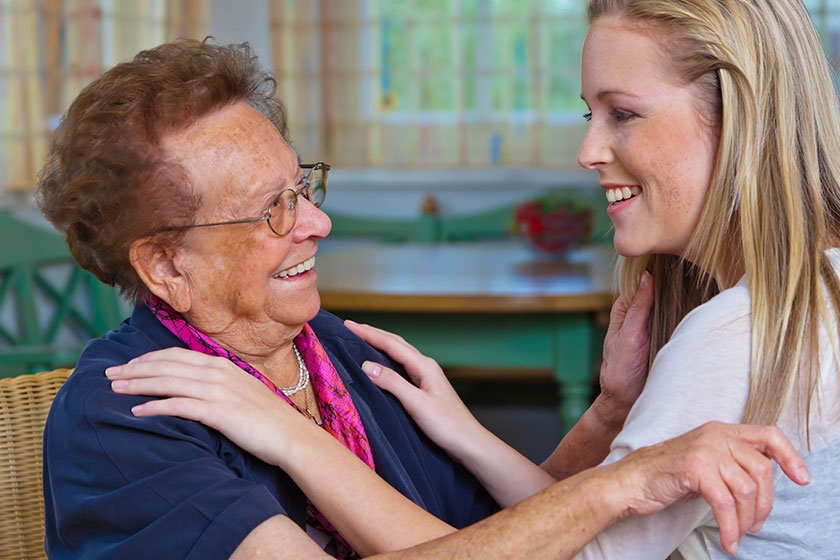Transitioning to assisted living properties in Virginia Beach, VA, can be an emotionally challenging experience for your loved ones. The process of downsizing, leaving behind a familiar environment, and adjusting to a new living arrangement can bring about a range of emotions. As a family member, there are several effective strategies you can employ to help your older adults cope with the emotional toll of this significant life change. Let’s explore these strategies and understand how you can provide comfort and support during this transition.
Open And Compassionate Communication
One of the most important ways you can help your loved ones cope with the emotional aspects of downsizing to assisted living properties is through open and compassionate communication. Create a safe space for them to express their feelings, concerns, and fears. Listen attentively without judgment and validate their emotions. Acknowledging their feelings can provide a sense of relief and reassurance that their emotions are understood and respected.
Involve Them In The Decision-Making Process
Involve your family member in the decision-making process as much as possible. While the decision to move to an assisted living property may ultimately be necessary, allowing them to have a say in certain aspects—such as choosing the new living space, decorating, or selecting personal belongings to bring—can provide a sense of control and ownership in the transition.
Preserve Familiarity
During the downsizing process, aim to preserve familiarity by bringing cherished items and mementos to the new living space. Familiar objects like photographs, keepsakes, and favorite furniture pieces can create a sense of continuity and comfort. These items serve as reminders of their past and can help ease the emotional transition to the new environment.
Celebrate The New Chapter
Shift the focus from what is being left behind to the new opportunities that lie ahead. Encourage your loved one to view the move to assisted living properties as a chance to explore new senior living activities, make new friends, and engage in a supportive community. Celebrate this new chapter as a positive step toward enhanced well-being and an enriching retirement lifestyle.
Create A Supportive Network
Emotional support from family, friends, and the retirement community team is crucial during this transition. Encourage your loved one to participate in social activities and engage with their new neighbors. Building connections within the retirement community can help alleviate feelings of isolation and foster a sense of belonging.
Provide Time For Adjustment
Adjusting to a new living environment takes time. Be patient and understanding as your family member navigates their emotions. Allow them to establish a routine, explore the surroundings, and gradually adapt to the change. Over time, the new living situation may become more familiar and comfortable.
Stay Connected
Maintaining regular contact and visits can provide ongoing reassurance and emotional support. Regular communication, whether through phone calls, video chats, or in-person visits, reinforces the idea that your loved one is still an integral part of the family. Sharing updates about family events and news can also help them feel connected to their broader support network.
Seek Professional Support
If your loved one is experiencing particularly intense emotions or struggling to cope with the transition, consider seeking professional support. Counselors or therapists specializing in senior emotional well-being can provide guidance and coping strategies tailored to their unique needs.
Downsizing to assisted living properties in Virginia Beach, VA, can be emotionally challenging for your loved ones. By fostering open communication, involving them in decisions, preserving familiarity, celebrating the new chapter, creating a supportive network, providing time for adjustment, staying connected, and seeking professional support when needed, you can help ease the emotional toll of this transition. Your understanding, empathy, and ongoing support will play a significant role in helping your family member navigate this new phase of their life with a sense of comfort and resilience.






